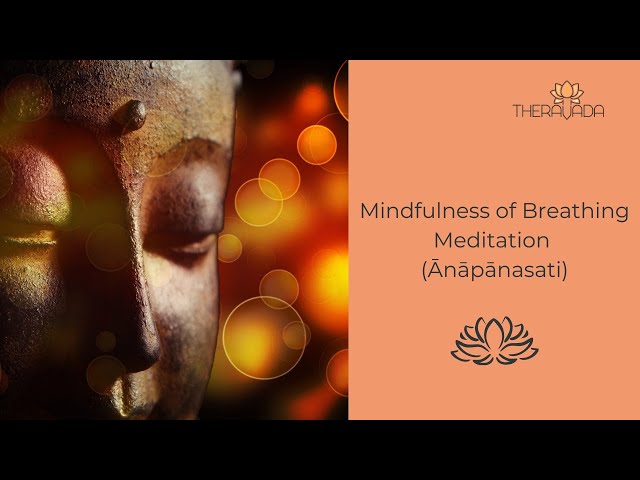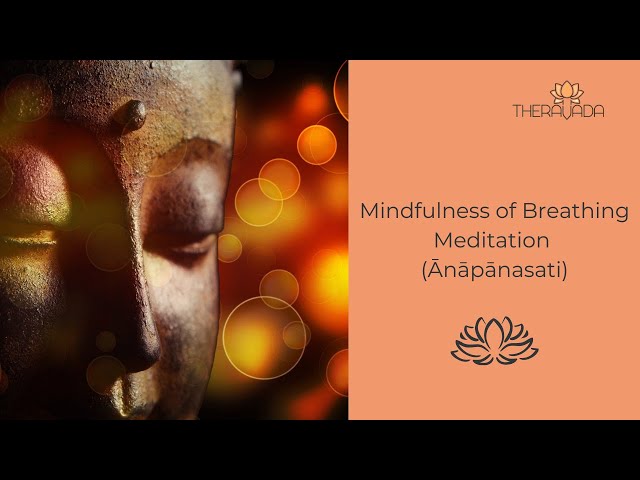
Meditation on Friendliness
Mettā Meditation
The word mettā in the ancient Pāli language comes from the noun mitta (Skt. mitra) which means friend. Its real meaning is “a friendly disposition”, that is “friendliness”.
As a meditation it allows us to eliminate hostile or negative dispositions towards ourselves and others and to develop friendly or positive feelings. It brings about the escape and mental freedom from negative emotions, such as animosity, hostility, ill-feeling, malice, resentment, bitterness, antipathy, anger, ill-will, fear, sadness, jealousy or stress. The Buddha, himself, said:
“This is the escape from anger /ill-will /hate (byāpāda), namely, the liberation of the mind by friendliness (mettā cetovimutti)” (AN iii, Nissāraṇīyasuttaṃ)
Furthermore, this meditation can arouse in us positive feelings of happiness, kindness and well-being by wishing oneself or others happiness, as the Buddha said:
“May all beings be happy” (Sabbe sattā bhavantu sukhitattā.) (Sn Mettāsuttaṃ)
It is a meditation that pacifies the mind and its frequent practice will enable one to:
- Eliminate bad habits,
- Improve one’s character,
- Be peaceful, calm and relaxed, and
- Understand oneself and those around oneself.
Moreover, one will be able to experience these blessings:
- Sleep happily
- Wake up happily
- Not see bad dreams
- Become dear to human beings
- Become dear to non-human beings
- One’s mind gets quickly concentrated
- The expression of one’s face is serene.
(AN v, Mettāsuttaṃ)
It should be noted, however, that mettā does not mean “love” or “loving-kindness”, which is based on or derived from love. The word “love” in Pali is pema and piya and implies strong feelings of affection, tenderness, attraction and attachment which in turn can bring sadness, sorrow, fear, ορ jealousy if there is no response. That’s why the Buddha said:
“From love (pema/piya) arises sorrow, from love arises fear. For the person who is wholly free from love there is no sorrow, whence then fear?” (Dh 213)
For many people this may sound strange but even the supreme love, that of a mother to her child, becomes hatred towards others if she feels that it gets threatened; moreover, if her own child shows indifference, then her love is transformed into bitterness, sorrow, and grief.
However, instead of love, the Buddha urges his disciples to develop other noble qualities towards oneself and others, such as: mettā (friendliness), karuṇa (compassion), and muditā (altruistic joy).
In this practice, Bhante Nyanadassana explains in a simple and intelligible way what friendliness is and how it can be developed.



